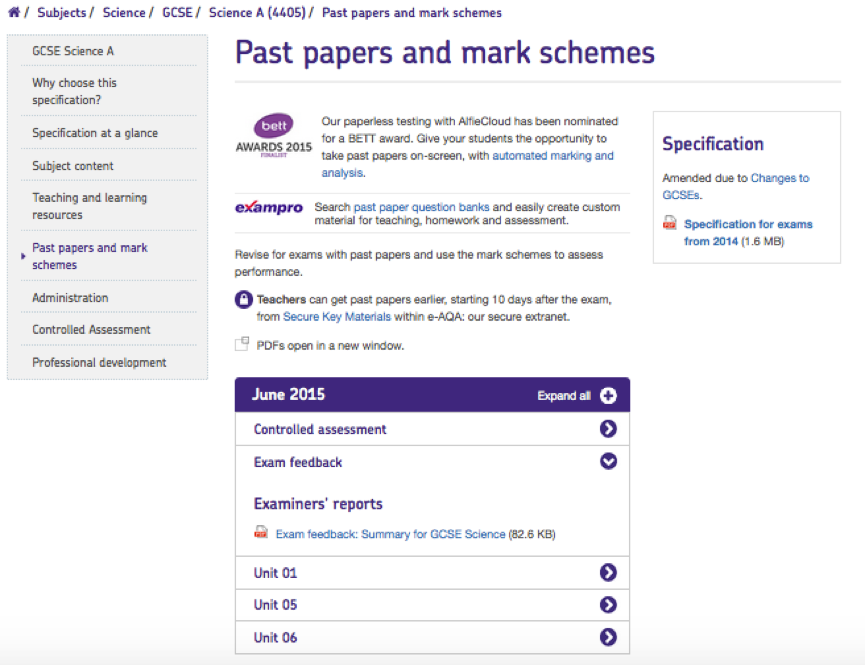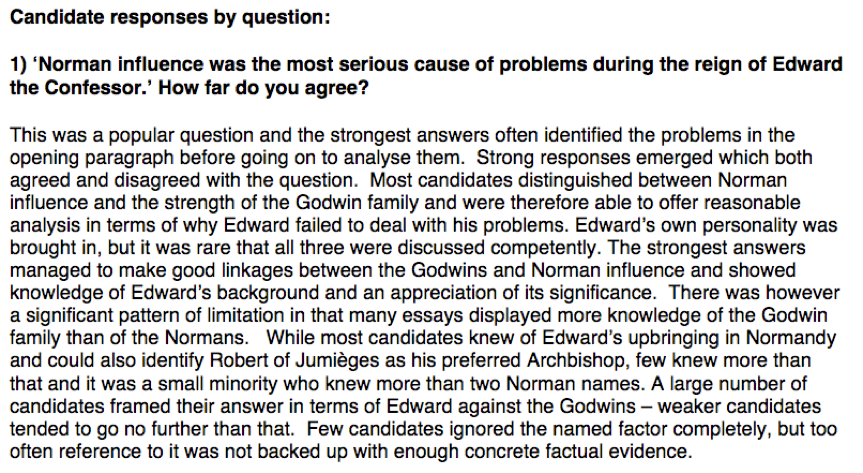Sitting your first secondary school exam? 3 things I wish I knew...
Your first exam is a milestone. Do it right.
Start Browsing
Start browsing
< Wait, I have a password

to your account
 Facebook
Facebook
< Wait, I don't have a profile yet
Reset Password >
to save your details
 Facebook
Facebook
< Wait, I already have a profile

Start browsing
< Wait, I have a password



A key factor to doing well is learning how to fix mistakes. Being able to find where potential mistakes are, identify what they are and what you need to do to correct them is a pretty sure fire way to success.
The rise of the IPhone is a great analogy for this. The first ever ‘phone’ created by Apple was a product called the Apple Newton released by Apple Inc. back in 1993. It was very similar to the current iPad and had a messaging system based around a stylus and handwriting recognition feature. It was regarded as huge innovation and set to revolutionize the world of telecommunications.
But it didn’t. In fact it was a catastrophic failure. The product was plagued with mistakes - most notably its handwriting recognition feature didn’t work! – and was removed from the market by Steve Jobs in 1998 in light of hugely limited sales figures.
And yet, 15 years on, a very similar product sits on our shelves and is widely regarded as the most successful gadget in history with Apple set to surpass a trillion dollar valuation due to iPhone and iPad sales.
Why? How? Well, simply put, Apple have become experts in identifying past mistakes and fixing them. With the Newton, Apple replaced the old school stylus with a much more practical touch screen solution. With the iPhone, Apple looked at their competitors (Nokia, Motorolla, Blackberry), identified where they were going wrong, and fixed their mistakes. And they’ve done pretty well as a company to date….
What has this got to do with exams?
Every year there is a document called the examiners report that outlines the exact mistakes that students commonly make and how to fix them. They are an essential study resource, but they are widely ignored, and rarely used.
The simplest way to locate them is online. Ask your teacher what your exam boards are or check which company label is on any past papers, syllabuses or specifications a teacher might have given you. The most common exam boards are AQA, OCR, and Edexcel.
Once found, search into Google and they’re easy to locate. Once on the exam board website they usually found under teaching and learning resources, or alongside past papers and the specification. Below is an example of the AQA GCSE site for science (here the report can be found under exam feedback):

What will they contain?
Once located, the reports provide a wealth of information relevant to specific years of exams taken by students. It may at first appear quite content heavy (particularly essay dominated subjects) but exam boards are making increasing efforts to make them more student friendly! Overall they will provide important information regarding several key areas:
Knowledge and Application: where students had misunderstandings or lacked specific knowledge.
Exam technique: where students made specific exam related mistakes (such as incorrect wording, not providing enough detail, not understanding questions)
Example answers: some examiners reports provide suggestions regarding how students should answer questions.
How can I use them?
Examiners reports can be used in a variety of ways. For subjects such as science, which rely a lot on content knowledge, they provide a useful checklist of potential mistakes. A simple revision technique would be to work through it with friends and ensure you understand each point, and you know how to correct each mistake. (Biology example below – do you know each of these points?)

For subjects such as Maths, reports can be used to support mark schemes when you are correcting past papers and problems. Each past paper will have a corresponding mark scheme and examiners report. Whilst the mark scheme will give you the correct answer, the examiners report will give you some guidance of how to get there and identify where you potentially may have gone wrong. Work through each question in turn to see if you got the workings out correct. (Maths example below – did you fall into the common traps below? Do you understand why you went wrong?)

Lastly, for essay-based subjects such as History, English, Geography etc. examiners reports can provide invaluable advice as to how to reach top-level answers. The examiners report here can be used in two ways: either to help you prepare example answers to questions (ideal if you want to get good marks in your homework) or to help identify where your previous essays may have lost marks. Either way, they are a resource that it is worth spending the time to read over. (History example below – can you identify the components of a top level response to the question?)

As the iPhone analogy hopefully makes clear, if we see revision and the path to success in exams as simply a process of fixing potential mistakes – rather than spending hours writing notes on a text book – then we’re more likely to see an increase in our marks.
Examiners reports – despite their dull appearance and boring title – are incredibly useful for working out where you are going wrong, fixing any mistakes and helping you get top marks.
 -
-